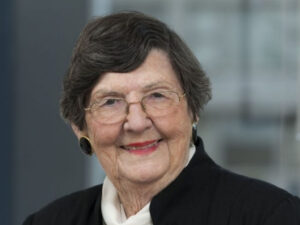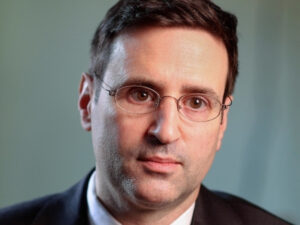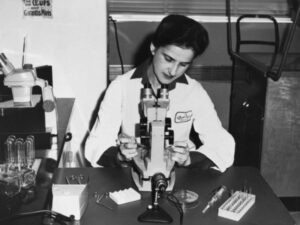In collaboration with Donald Pinkel’s daughter, Mary Pinkel, the Cancer History Project is preserving and republishing materials from his personal archive.
While her husband and his colleagues focused on curing people of their cancer, Dr. Holland asked a question that none of them were able to answer: How do the patients feel about it?
The story of modern cancer therapy would not be complete without the inclusion of the work of Paul Calabresi and some insights about the challenges he faced, along with his accomplishments.
“The fact that a woman could get a PhD degree and then get a job was really different than in other parts of the world,” said Marilyn Bailey Ogilvie, professor emeritus in the Department of the History of Science at the University of Oklahoma.
Mainstream tobacco control advocates are celebrating the recent announcement that the Food and Drug Administration is poised to restrict the manufacture and sale of mentholated cigarettes and cigars.
Quick, what color is menthol? No, it’s not green. That’s the color of the KOOL, Newport, or Salem cigarette pack. Get it? Green is cool. Red is hot.
In recent weeks, the privately held Cancer Treatment Centers of America has sold the assets of its Philadelphia hospital and closed its hospital in Tulsa.
Christian Hinrichs recently moved to a new role, as chief of the Section of Cancer Immunotherapy and co-director of the Cancer Immunology and Metabolism Center of Excellence at Rutgers Cancer Institute of New Jersey.
“A document in perspective” is a new feature of the Cancer History Project.The objective is to take a noteworthy document—be it prescient or naive—and illuminate it by placing it in proper historical and scientific context.
Big questions. That’s what Beatrice Mintz, PhD, the former Jack Schultz Chair of Basic Science at Fox Chase Cancer Center, has dedicated her career to answering. Small questions, in her opinion, are not worth the time or effort.















